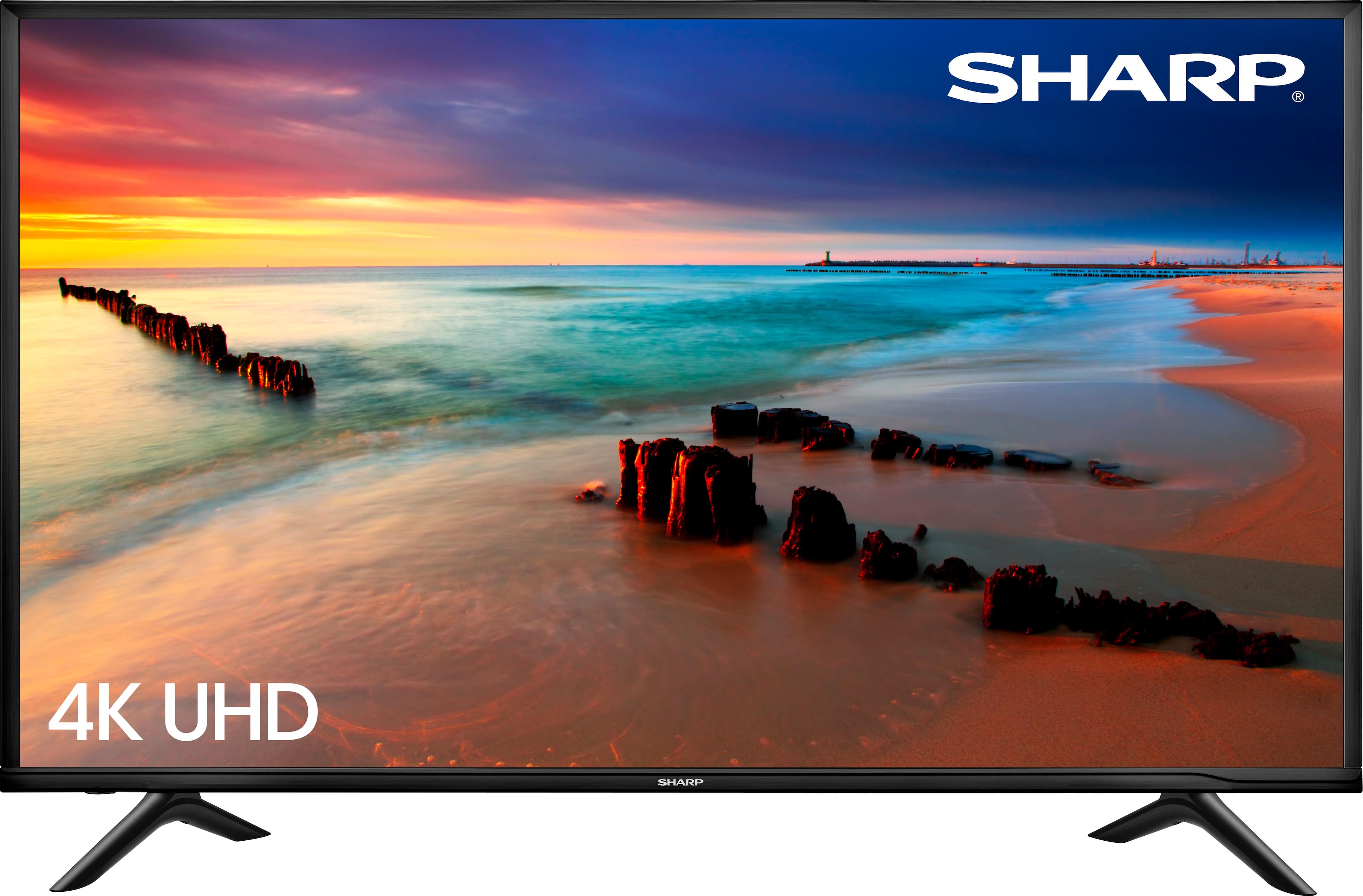Tv Tropes - Exploring Storytelling Patterns Together
Have you ever been watching a show or reading a book and noticed a familiar pattern, a moment that just felt like you'd seen it somewhere before? Perhaps it was a hero's journey, or maybe a character who suddenly gained amnesia at a very inconvenient time. These recurring bits of storytelling, these common ways stories unfold, are what many people call "tropes." It's like a shared language that storytellers and audiences use, a quick way to get across a big idea without needing a long explanation.
This idea of shared story elements is, you know, a pretty old one, but there's a really interesting place online where people gather to talk about them. It's a sort of community hub where folks pick apart all sorts of media, from your favorite television shows to the latest video games, just to see how these familiar story tricks are used. It’s a fun spot, actually, for anyone who enjoys thinking about how stories are put together and what makes them tick, sort of like a big, friendly discussion group for narrative lovers.
This particular online spot, Tv tropes, is a very active place, where discussions can be very freewheeling, and there is a lot to add. It’s a wiki, meaning it’s a collection of pages that anyone can, more or less, contribute to, and it catalogs and talks about all sorts of patterns found in media, different kinds of stories, and even fan culture. It's a place where you can really explore and discuss the world of fiction in a new light, seeing connections you might not have noticed before, which is pretty cool.
Table of Contents
- Who Started This Whole Tv Tropes Thing?
- What Exactly Is a Trope, Anyway?
- How Does The Tv Tropes Site Work For You?
- Getting Involved With Tv Tropes - Is It For Everyone?
- What Kinds of Stories Does Tv Tropes Cover?
- Looking at Story Structures on Tv Tropes
- What About Tv Tropes and Character Building?
- Playing Around With Tropes on Tv Tropes
Who Started This Whole Tv Tropes Thing?
So, you might be curious about who first thought up this whole idea for Tv tropes. Well, it was founded back in 2004 by a programmer who used the name "Fast Eddie." He was someone who, in a way, had been thinking about these kinds of story conventions for a while, even going back to his time studying at MIT in the 1970s. It seems he also spent time looking through internet forums in the 1990s, which probably gave him some good ideas for how an online community like this could work, you know, for sharing thoughts about stories.
While we don't have a lot of personal details about "Fast Eddie" himself, his background gives us a little peek into the kind of person who would create a site like Tv tropes. He was, apparently, someone with a deep interest in how stories are constructed and how different types of fiction use common patterns. This interest, frankly, led to the creation of a very unique and engaging online spot, which is quite something.
| Role | Founder, Programmer |
|---|---|
| Founding Year | 2004 |
| Interests (1970s) | Conventions of genre fiction (while at MIT) |
| Interests (1990s) | Browsing internet forums |
What Exactly Is a Trope, Anyway?
When we talk about Tv tropes, the very heart of it is the "trope" itself. What is that, you might ask? Well, basically, a trope is a storytelling device or a common way of doing things in a story. It's like a shortcut for describing situations that the storyteller can reasonably expect the audience will recognize instantly. Think of it as a pattern in storytelling, a conceptual figure of speech that, you know, everyone just gets right away. It's a pretty handy tool for anyone who has a story to tell, helping them get their ideas across without needing to explain every little detail.
These storytelling patterns are, in some respects, the very means by which a story is told. They are the familiar building blocks that writers, filmmakers, and even game creators use to construct their narratives. It's not about being unoriginal; rather, it's about using a shared cultural vocabulary to communicate ideas and emotions effectively. A character, for example, who suddenly remembers a forgotten skill just when it's needed most, that's a trope. Or a scene where two people who can't stand each other are forced to work together and, like, end up falling in love – that’s another one. These are elements that audiences have seen before, so they don't need a lot of setup to understand what's happening or where things might be going, which is very useful for story flow.
How Does The Tv Tropes Site Work For You?
So, how do you actually use this Tv tropes site to find what you're looking for? It's pretty straightforward, actually. You can use the filters to sort through their massive collection of information. You can organize things by the type of story, like a particular genre, or perhaps the kind of media it is – maybe a movie, a book, or a video game. You can also look at the way the story is told, or even the main subject it covers. And, you know, you can combine several of these options and see what interesting connections pop up, which is kind of neat. It's all about making it easy for you to explore the patterns that fascinate you.
The whole purpose of Tv tropes, at its core, is to catalog and discuss these various storytelling patterns across all sorts of media. This includes different genres, and even how these patterns show up in fan culture, like fan fiction or fan art. It's a place where people share their observations and thoughts about how stories work, creating a really comprehensive resource. It's a very fun site, both to read and to contribute to, because there's always something new to discover or a fresh perspective to consider on a familiar story element, you know?
Getting Involved With Tv Tropes - Is It For Everyone?
One of the really cool things about Tv tropes is its open nature. There is, apparently, no such thing as "notability" in the traditional sense when it comes to adding to the wiki. What does that mean for you? Well, it means if you (yes, you!) have seen, read, or played a work – be it a movie, a book, a video game, or anything else – it's considered good enough for the wiki. You don't need to be an expert or a critic; your experience with the story is what counts. This open door policy, honestly, makes it a very welcoming place for anyone who wants to share their observations about tropes they've noticed, which is quite inclusive.
The community aspect of Tv tropes is also very strong. The Tv tropes forum, for instance, is one of the most active boards on the web. People are constantly chatting, discussing, and sharing their thoughts about different stories and the patterns within them. The discussions can be very freewheeling, meaning there's a lot of open conversation and different ideas flowing. There is, truly, a lot to add if you feel like joining in, whether you're just pointing out a new instance of a trope or talking about how a particular story uses a common pattern in a surprising way. It's a lively place, and you might find yourself spending quite a bit of time there, just chatting about stories.
What Kinds of Stories Does Tv Tropes Cover?
You might wonder what types of stories Tv tropes actually talks about. The answer is, well, pretty much everything! It covers television, literature, movies, video games, and a whole lot more. If it tells a story, it's probably on Tv tropes. This wide scope means you can find discussions about your favorite old cartoons, classic novels, big blockbuster films, or even the latest indie video games. It's a truly broad collection, and that's part of what makes it so interesting to explore, you know, because there's always something new to look into.
The site also has specific indexes to help organize all this information. For example, there's an index just for television series, making it easy to find common patterns in your favorite shows. There are also indexes for tropes regarding different episodes of any television series, or installments of any other kind of media series. This helps keep things tidy and makes it simpler to find what you're looking for, rather than just having everything jumbled together. It’s a very organized way to keep track of so many different stories and their recurring elements, which is quite helpful.
Looking at Story Structures on Tv Tropes
Beyond just individual patterns, Tv tropes also looks at how stories are put together on a larger scale. Plots, for instance, are how the action of an entire script or story is organized. Most plots, typically, occupy a single episode or a larger story arc, meaning the main storyline for a season or a longer series of events. You can find basic definitions of what a plot is, which is pretty useful for anyone trying to understand story structure. It's all about how events connect and move the story forward, you know, from beginning to end.
The site goes even deeper into how plots work. You can find information about conflict, which is often what drives a plot forward. There are also discussions about "master plots," which are like the big, overarching story types that many individual plots fit into. They also talk about "plot threads," which are smaller storylines that run through a larger narrative, and things like the "seven basic plots," which are common frameworks for stories. You can even find information related to "Propp's functions of folktales," which is a more academic way of looking at the common elements found in traditional stories. It’s a very comprehensive look at how stories are built, which is quite fascinating.
What About Tv Tropes and Character Building?
Characters are, obviously, a huge part of any story, and Tv tropes has a lot to say about them too. There are entire sections dedicated to patterns and categories about setting up characters, giving them depth, and even how they might be taken apart or changed throughout a story. It’s all about how these fictional people are created and how they behave in the narrative. You can find discussions that compare characters to how they are affected by being played by actors, which is an interesting angle. There's also a contrast with characters as a device, which refers to the specific roles that characters play in moving the story along, sort of like tools for the plot, you know, rather than just people.
Playing Around With Tropes on Tv Tropes
One of the more interesting concepts on Tv tropes is "playing with a trope." This refers to tropes about tropes themselves – basically, how storytellers use, twist, or comment on common patterns. It's easy to get this confused with just a category for tropes that share some commonality, or ones that are particularly widespread, but that's not what this is about. It's about how tropes are used in a self-aware way, or how they are, in a way, made fun of or subverted. It's about how storytellers mess with audience expectations based on what they know about common story patterns, which is pretty clever.
For example, "home video tropes" includes things like an "actionized sequel," which is when a follow-up story puts in more action scenes because, you know, you don't need all the backstory anymore – the audience already knows the characters and their world. Another one is when characters angst more in a particular story, meaning they spend more time feeling troubled or worried. These are all ways that storytellers play with established patterns, sometimes to surprise the audience, sometimes to lean into what people expect. It's a deeper look at how stories are crafted, which is, frankly, quite insightful.
- Trump Security Clearance Suspension Perkins Coie
- Stanley Fafara
- Flying Fox Bat
- Dwyane Wade Statue
- Bcps Schoology

Samsung 40" Class LED MU6290 Series 2160p Smart 4K Ultra HD TV with HDR

Best Buy: TCL 43" Class 4-Series LED 4K UHD Smart Google TV 43S446

Customer Reviews: Sharp 60" Class LED 2160p Smart 4K UHD TV with HDR LC